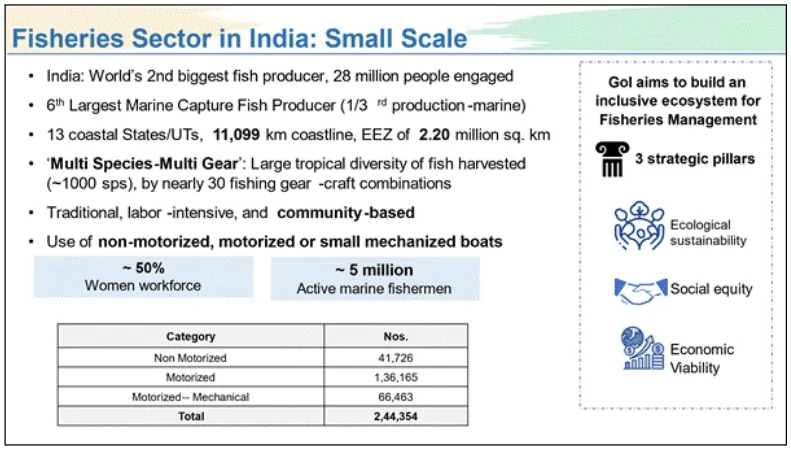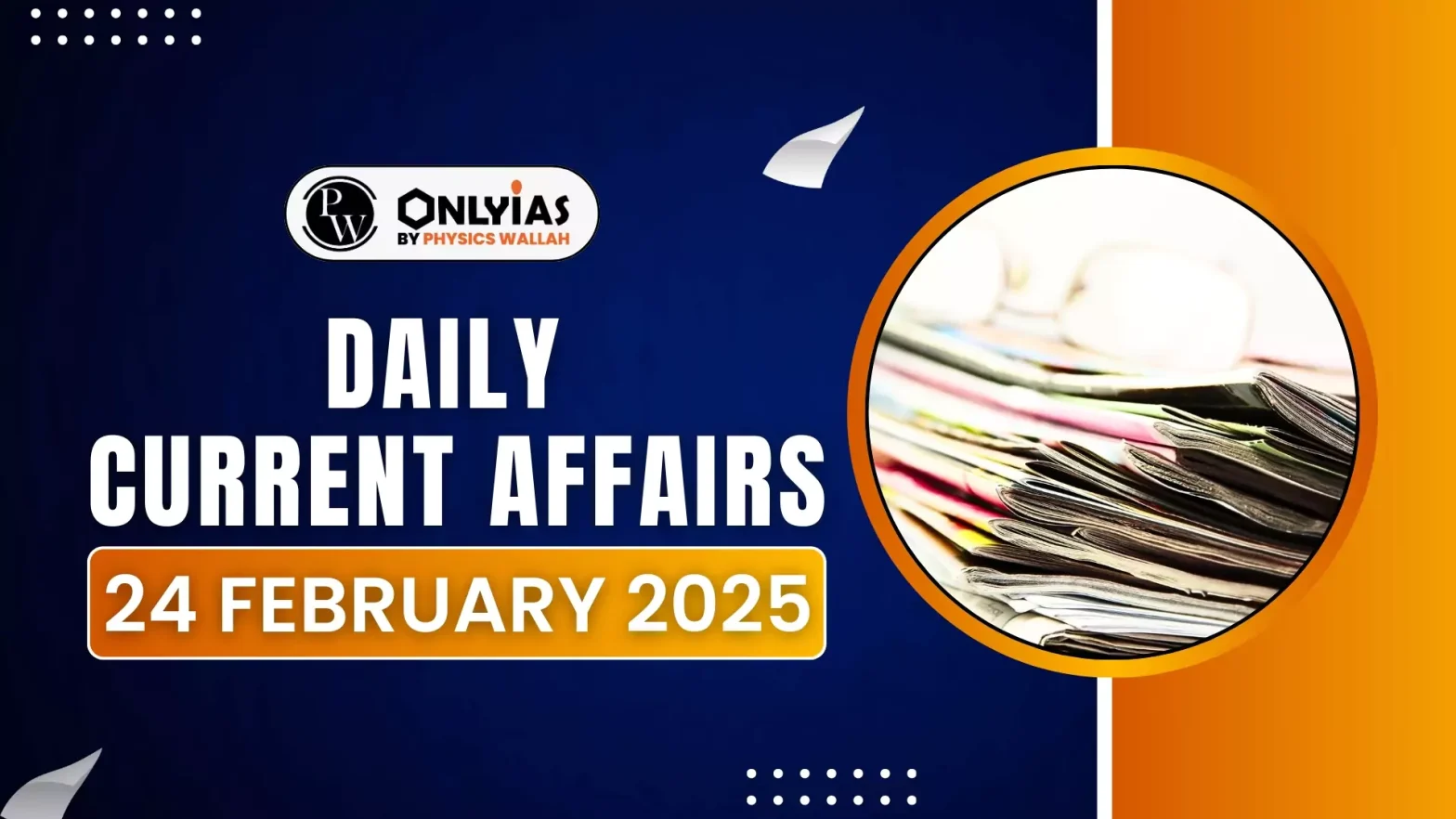India has assumed the Chairmanship of the Bay of Bengal Inter-Governmental Organisation from Bangladesh during the 13th Governing Council Meeting held in Malé, Maldives.
About Bay of Bengal Programme Inter-Governmental Organisation (BOBP-IGO)
- Established in: 2003.
- Nature of Organisation: A regional fisheries body mandated to assist member countries in improving livelihood opportunities and enhancing the quality of life of small-scale and artisanal fisher folk in the Bay of Bengal region.
- Evolution: Developed from the Bay of Bengal Programme of the Food and Agriculture Organization (FAO) of the United Nations (UN), which was initially founded in 1979.
- International Recognition: The organisation has set global benchmarks in implementing programs and activities focused on small-scale fisheries, delivering measurable benefits to its member countries.
- Member Countries:
-
- Full Members: Bangladesh, India, Maldives, Sri Lanka.
- Cooperating Non-Contracting Parties: Indonesia, Malaysia, Myanmar, Thailand.
- Observers: FAO and all the relevant regional fisheries and environmental bodies and International Non-Governmental Organisations active in the Bay of Bengal region.
Governance Structure
- Governing Council: Serves as the apex body of the intergovernmental organization (IGO) and meets once a year.
- The Governing Council approves the programmes/activities and directs the Secretariat to implement them.
- It also reviews the administrative and fiduciary aspects of the Organisation and takes decisions accordingly.
- Technical Advisory Committee (TAC): considers the technical aspects of the activities proposed to be undertaken and implemented. It meets once a year.
- Ad-hoc committees: are constituted for specific purposes from time to time.
- Secretariat: is the implementing organ of the IGO and implements the decisions taken by the Governing Council.
Objectives of BOBP-IGO
- Marine Fisheries Management Awareness: Increase knowledge and awareness regarding the needs, benefits, and best practices of marine fisheries management.
- Capacity Building and Skill Development: Provide training and education to enhance skills in the fisheries sector.
- Facilitate technology transfer for the development of small-scale fisheries.
- Regional Information Networking: Establish an efficient regional information-sharing system to improve communication and collaboration among member countries.
- Promoting Women’s Participation: Encourage and support women’s active involvement in the marine fisheries value chain.
About Bay of Bengal Large Marine Ecosystem Project II
- Implemented by: Food and Agriculture Organization (FAO) of the UN, in collaboration with:
- Bay of Bengal Programme Inter-Governmental Organisation (BOBP-IGO)
- International Union for Conservation of Nature (IUCN)
- Southeast Asia Fisheries Development Center (SEAFDEC)
- Funding Agencies:
- Global Environment Facility (GEF)
- Norwegian Agency for Development Cooperation (NORAD)
- Purpose: To address challenges related to:
- Overexploitation of marine living resources.
- Degradation and loss of critical marine habitats.
- Marine water pollution in the Bay of Bengal region.
- Project Tenure: Five-year project (2023-2028).
About Small Scale Fishery ( SSF)
Definition (As per UN FAO): Small-scale fisheries (SSF) refer to traditional, artisanal, or community-based fishing activities that are typically labor-intensive, using small boats, minimal technology, and low capital investment.
Significance of Small-Scale Fisheries (SSF)
- Livelihood Support: Provides employment to over 90% of the world’s fishers and fish workers (UN FAO).
- Food Security and Nutrition: Supplies nearly 50% of global fish catch, ensuring affordable protein sources for millions.
- Economic Contribution: Supports coastal and rural economies, reducing poverty and fostering local trade.
- Cultural and Social Importance: Preserves traditional fishing knowledge and community practices.
- Sustainable Resource Use: Promotes eco-friendly fishing methods, ensuring long-term marine biodiversity.
Status of Small Scale Fishery in India

![]() 24 Feb 2025
24 Feb 2025

